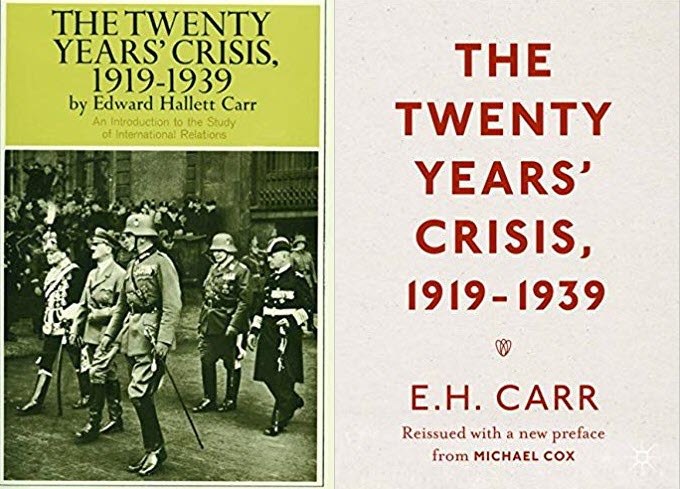On 4 December 2018, United States (U.S.) Secretary of State Michael R. Pompeo gave a speech at the German Marshall Fund in Brussels about ‘restoring the role of the nation-state in the liberal international order.’ At the core of that speech, he posed a fundamental challenge to world order: ‘Every nation – every nation – must honestly acknowledge its responsibilities to its citizens and ask if the current international order serves the good of its people as well as it could. And if not, we must ask how we can right it.’ He insisted that: ‘nothing can replace the nation-state as the guarantor of democratic freedoms and national interests.’ And he went on to explain: ‘Our mission is to reassert our sovereignty, reform the liberal international order, and we want our friends to help us and to exert their sovereignty as well. We aspire to make the international order serve our citizens – not to control them.’ In the language of the most recent U.S. national security strategy, this perspective on world affairs is characterized as ‘principled realism’. Pompeo describes it more simply as ‘common sense’. While Pompeo is right that his view is common, he is wrong to believe in its realism or even that it makes sense.
Continue reading →



